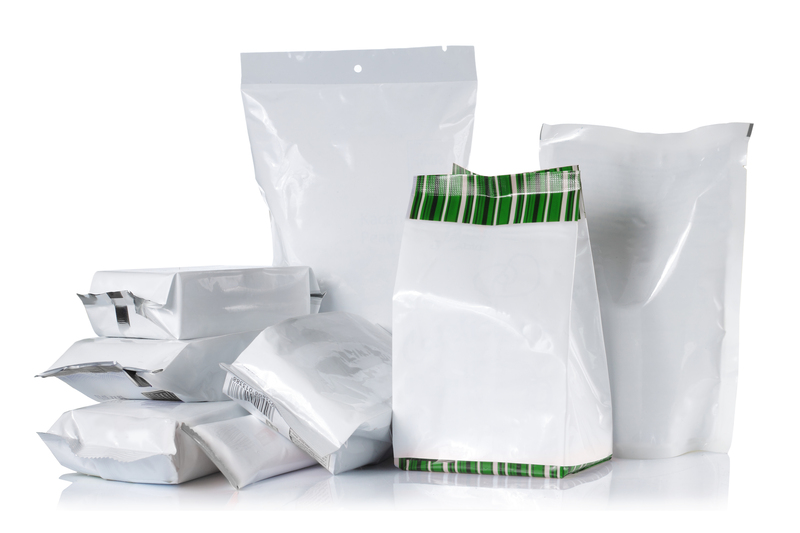In today's environmentally conscious world, reducing green waste is more important than ever. Waste management not only saves precious resources but also helps in minimizing our carbon footprint. Let's dive into ten essential hacks that will help you tackle green waste efficiently and sustainably.
1. Composting: Turn Waste Into Rich Soil
Composting is a simple and effective way to reduce waste. By converting organic waste into compost, you enrich the soil with vital nutrients. Composting reduces landfill waste and contributes to healthier plant growth.
- Choose the Right Compost Bin: Make sure to select a compost bin that suits your space, whether it's outdoor, balcony, or under-the-sink.
- Layering Technique: Alternate layers of green (food scraps) and brown (dried leaves) waste for optimal composting.
- Avoid Odors: Maintain the balance of nitrogen-rich and carbon-rich materials to control odors.

2. Embrace Zero-Waste Cooking
Transform your culinary habits by embracing zero-waste cooking. This flexible approach massively reduces food scraps.
- Creative Cooking: Use vegetable peels to prepare broths, and utilize overripe fruits in smoothies.
- Plan Your Meals: Avoid over-purchasing by planning meals ahead, leading to less wasted food.
- Reuse Leftovers: Get creative by repurposing leftovers into new exciting meals.
3. Garden Smartly With Mulching
Mulching is an excellent way to retain soil moisture, suppress weeds, and reduce waste. Use organic materials like leaves and grass clippings as mulch.
- Choose Organic Mulch: Pick materials that decompose over time to enrich the soil naturally.
- DIY Leaf Mulch: Smash dry leaves using a lawnmower to create an effective homemade mulch.
4. Recycle and Reuse Everyday Items
Adopt a recycle and reuse mindset to repurpose materials instead of discarding them.
- Repurpose Glass Jars: Use glass jars for storage or as planters.
- DIY Paper Waste: Use scrap paper for crafts or composting.
- Eco-Friendly Containers: Invest in reusable bags and containers to reduce dependency on single-use plastic.
5. Grow Your Own Food
Empower yourself by growing herbs and vegetables at home. This reduces the need for store-bought produce and eliminates associated packaging waste.
- Vertical Gardens: Great for limited spaces, vertical gardens use walls for growing herbs and small plants.
- Window Sill Planters: Utilize sunny window sills for growing small potted herbs.
6. Shop with Sustainability in Mind
Sustainable shopping cuts green waste dramatically.
- Reusable Bags: Always carry reusable bags to reduce plastic waste.
- Bulk Buying: Buy in bulk to avoid unnecessary packaging waste.
- Local Produce: Support local farmers to ensure fewer emissions from transportation.
7. Reduce Junk Mail
Unwanted mail contributes significantly to waste. Take proactive steps to minimize junk mail reaching your doorstep.
- Opt-Out Services: Use opt-out services to unsubscribe from mailing lists.
- Digital Subscriptions: Switch to digital subscriptions for your favorite magazines and catalogs.
8. Repair Rather Than Replace
Instead of discarding items, aim to repair them when feasible.
- Fix-It Clinics: Attend local workshops where experts assist in repairing household items.
- Online Tutorials: Platforms like YouTube offer tutorials for common repairs.

9. Donate Unwanted Items
Before disposing of belongings, consider donating items in good condition to those in need.
- Charity Shops: Contribute to a local charity by donating clothes, books, and household goods.
- Community Centers: Participate in swap meets and community-based donations.
- Online Platforms: Use websites and apps that facilitate donation and reuse.
10. Educate and Inspire Others
The journey towards cutting green waste becomes significant when shared. Lead by example and inspire your community.
- Social Media Campaigns: Share stories on social media to motivate others.
- Family Initiatives: Engage family members in recycling and waste-reduction projects.
By incorporating these essential hacks into daily routines, individuals can significantly cut down on green waste. These strategies create a sustainable environment for future generations, driving the movement towards a zero-waste lifestyle.
Adopting these eco-friendly habits will not only make your household greener but also contribute material effects to mitigate climate change. Start today and become part of the solution, not the problem.